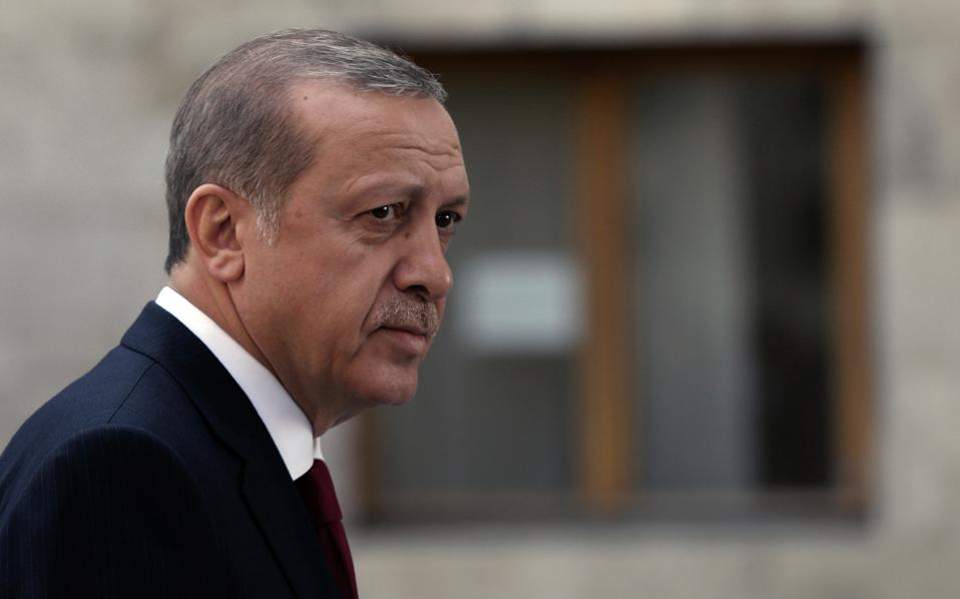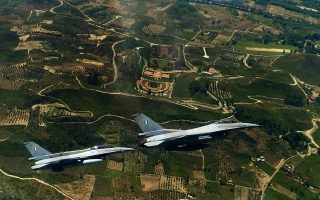Confidence and Turkey’s provocative behavior

Talks on confidence building measures (CBMs) between Greek and Turkish military and diplomatic delegations began on Monday under the shadow of Ankara’s apparent intention to ignore the existence of certain islands, including Crete, and to move ahead with an eye on exploratory drilling in maritime areas that belong to Greece.
Following two rounds of CBM talks in Athens and Ankara eight months ago, as well as the first meeting between Greek Prime Minister Kyriakos Mitsotakis and Turkish President Recep Tayyip Erdogan on the sidelines of the United Nations General Assembly in September, there was some hope that the two neighbors were entering a period of calm.
Erdogan dashed those hopes when he signed a memorandum of understanding with the Tripoli-based Libyan government on maritime zones in the Mediterranean, a move that undermined any hopes that a climate of cooperation was developing.
The new round of talks began in Athens on Monday at a time when the United Nations Division for Ocean Affairs and the Law of the Sea is expected to publish the coordinates of the maritime zones outlined in the Ankara-Tripoli deal, a development that although being just a formality, also gives the sense of the agreement becoming more official.
Despite the fact that Turkey is heavily engaged in operations on the Syrian front, to the extent that Ankara is even being forced to move troops and equipment from the Evros border to the country’s southeast, Erdogan behaves as if he is after opening a second front to his west. And he is doing it in such a way that doesn’t allow even those Greek politicians and public opinion shapers who sincerely want a Greek-Turkish rapprochement to highlight the positive aspects of the relationship and take bold steps toward an understanding with Turkey.
Given the latest developments, managing the prickly relationship with Turkey cannot but rely on a combination of two parallel actions.
The first is bolstering our armed forces and maximizing Greece’s deterrent capabilities which, by the way, are by no means negligible.
The second has to do with pursuing action at the European Union level and cooperation with countries like the United States, France, Israel, Egypt, Saudi Arabia and the United Arab Emirates that may not ensure their involvement on the side of Greece in the case of an unwanted armed confrontation, but will lead to moves or even concrete measures that will have economic consequences for Turkey.
What is certain is that confidence is not built on plans to explore for hydrocarbons off the coast of Crete, not to mention the continuous violations of Greek airspace.



